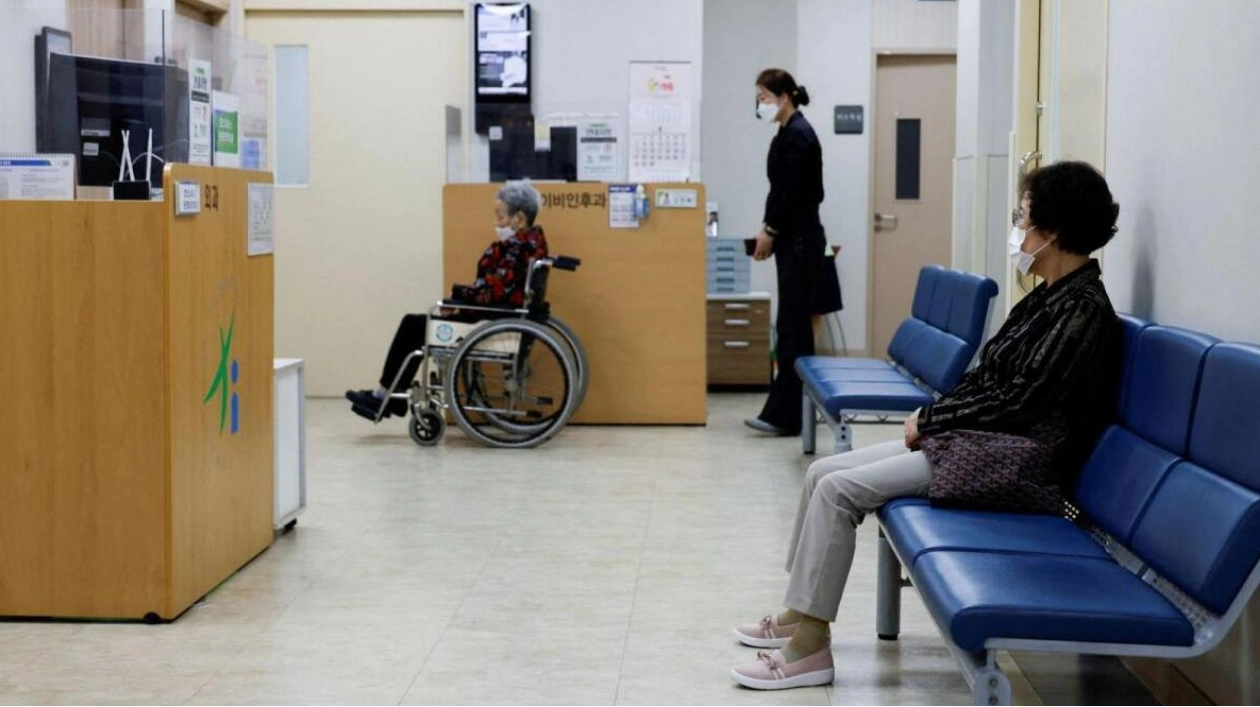South Korea's legislative body approved a new law on Wednesday, permitting nurses to carry out certain medical operations typically handled by doctors. This move comes as healthcare workers demand enhanced legal safeguards during an extended doctors' strike. For several years, nursing advocacy groups and unions have been advocating for a nursing legislation to enhance working conditions, but their efforts have been met with strong resistance from doctors and a lack of bipartisan agreement.
Concerns have escalated regarding the increased legal and workload responsibilities placed on nurses since thousands of trainee doctors initiated a nationwide strike in February to oppose the government's plan to increase medical school enrollments to tackle the doctor shortage. The recent rise in Covid-19 cases has also heightened the risk of hospital overload, leading to a search for compromise among political parties this week.
The new law aims to establish a legal framework for government initiatives that enable so-called physician assistant nurses to perform specific procedures. The government stated that other aspects of the initial bill, such as the potential easing of qualifications for nursing assistants, will be subject to further discussions. The Korean Nurses Association expressed approval for the bill, noting it as the result of a 19-year endeavor.
The Korean Medical Association, the primary organization for doctors, criticized the government for creating division among hospital staff, arguing that the legislation will ultimately harm patients. Health Minister Cho Kyoo-hong, in a briefing, stated that the bill will enhance support for medical professionals and urged doctors to resolve their strike.






